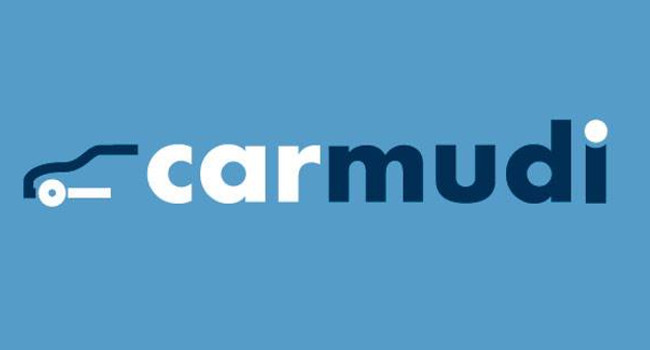When I first built, the first thing that came to mind were the complex machinations of my vision all coming together at once. I saw the intricacies of everything I ever imagined come alive: and it was wonderful.
Wonderfully flawed.
If I were to go back to those neophyte days, the first thing I would’ve told myself would be to build simply.
You don’t need a grand platform to test out your basic business idea. You don’t need a full-service platform that helps your user from A to Z to start helping them out at A. In fact, the reason why startups in the digital age have succeeded so often is because they will choose the path of least resistance to test their ideas. Way before Netflix became an online behemoth, Reed Hastings was mailing people video cassettes to prove that people did want to rent videos on a monthly-fee basis.

This is what Facebook looked like at the beginning.
This is the basis of the lean philosophy that defines the startup movement: minimalize waste between point A and point B.
Had I known this, I would’ve saved a lot of time and money on my first failed startup. I think it’s a great philosophy to have beyond just startups: keep things simple for yourself and others. Build something out the easiest way possible, so you can learn, and experiment quicker.
A lot of people have commented on the fact that this blog is run on the default WordPress theme, and urged me to change it. I have adamantly refused to do so. I am using this as a platform to learn about how to display content, people are reading the content, and people are signing up to the mailing list. It is a perfectly functional platform that serves a very simple purpose, and serves it well. Why fix what isn’t broken?
You don’t win bonus points for building the most complex system, or for using more words when less would have sufficed. You win when you build something simple, iterate on top of it, and watch as your learning turns your idea from something in your head, to something used by millions.
————————————————————————————–







